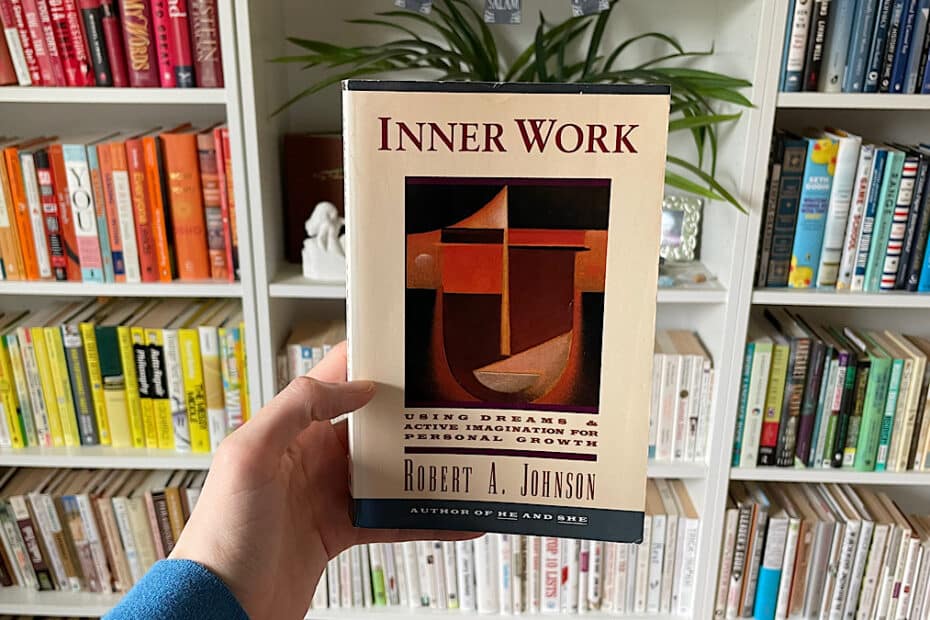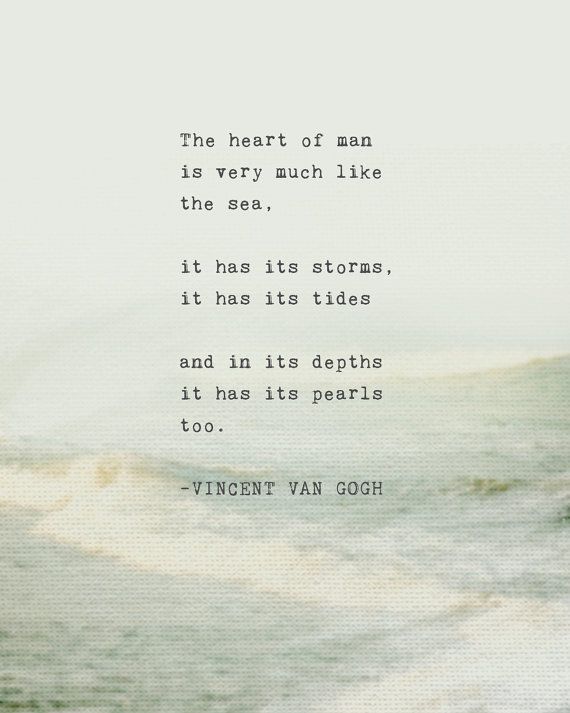”Seneca notes how much time we waste in life. It may well be that we are wasting much of that time and energy thinking about things as unfulfilling and unproductive as being on time. Being punctual is important, yes. But more critical is making time for the things that really matter… and then being on time for those.“
Ryan Holiday
“I recently heard a story about a woman who asked her ‘inner critic’ to retire. The ‘inner critic’ being that self-critical voice that pipes up under the guise of protecting me from failure or pushing me to be better. Inspired by this idea, I bought my ‘inner critic’ a retirement gift — something tangible I can see or hold in my hands — so that when the doubting, perfectionist voice speaks up I can gently remind her she’s been retired, and show her the small of token of appreciation I bought as proof. Shifting my focus from anxiety to gratitude.”
Claudia Dawson
37 Robert A. Johnson Quotes from Inner Work To Convince You Dreams Aren’t Arbitrary
Excerpt: Dreams are NOT arbitrary. Dreams are a primary means of communication. Not convinced? These 37 quotes from Inner Work should change your mind.
Read More »37 Robert A. Johnson Quotes from Inner Work To Convince You Dreams Aren’t Arbitrary
“What if instead of being concerned, you were just aware? What if instead of talking about behavioral issues, you just talked about behaviors? How about instead banning curse words from your house, you banned negative self-talk, maybe negative talk entirely? Instead of complaining about their use of slang or improper English, you tried to limit complaining itself? What if instead of trying to find a nice way to point out that another kid is playing better than yours, you just dropped comparison altogether?”
Ryan Holiday, Daily Stoic Blog
“That kind of violence… it tears open a hole, it’s like a black hole. It sucks language and meaning and all sense and whenever we show up and try to make sense of it, it reins hallow because there’s no making sense of this kind of mass violence—mass suffering. And when people have just survived it, it’s like you’re sitting on the edge of that black hole and you’re about to be sucked in and the only way that you don’t fall in is if someone is holding your hand. That’s all it takes.”
Valarie Kaur















